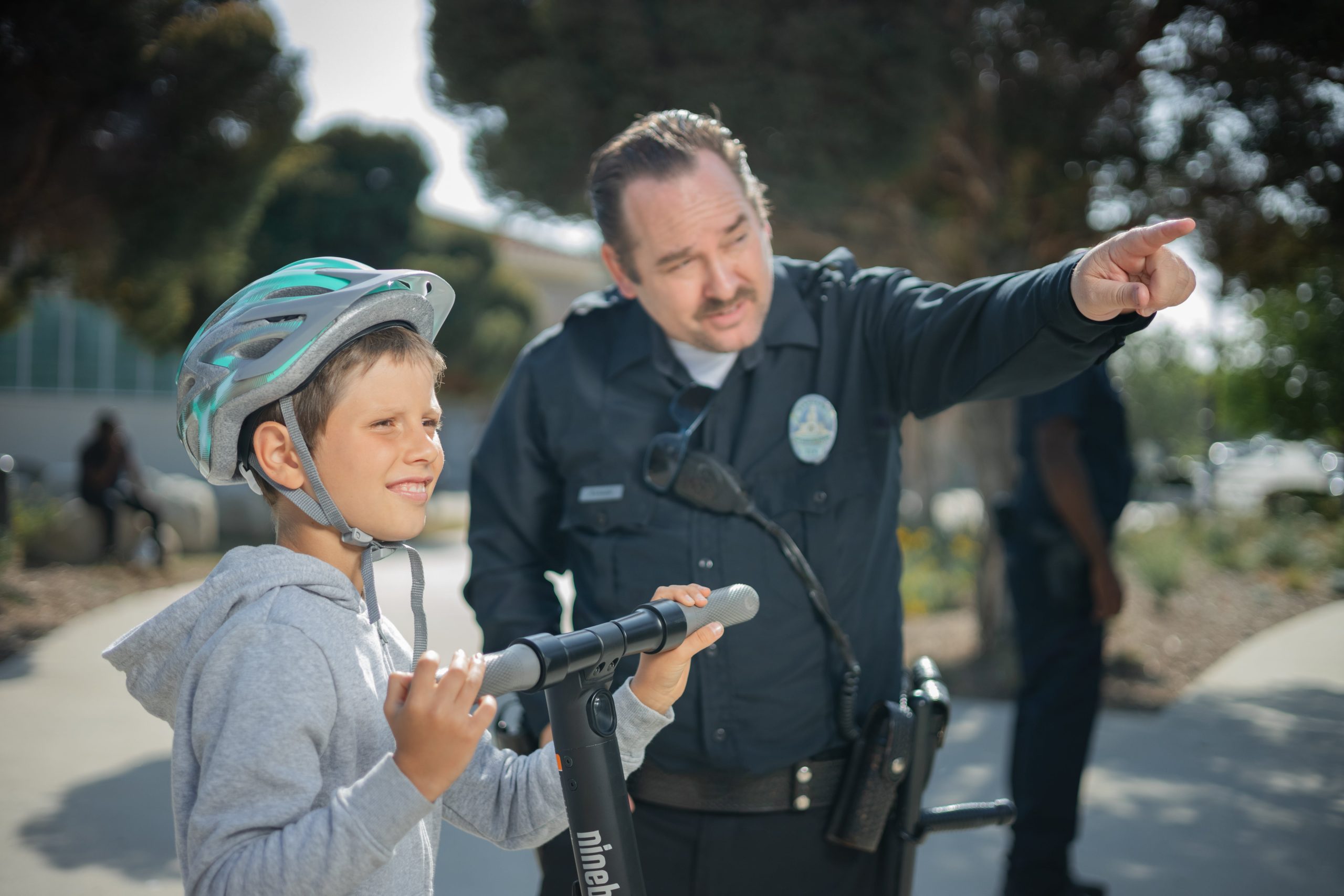Building Trust Between Police and Communities: Innovative Strategies for Law Enforcement
Trust between police and the communities they serve is essential for effective policing and public safety. However, events over recent years have strained relationships and highlighted the need for proactive efforts to strengthen bonds. This post explores evidence-based strategies law enforcement leaders can implement to improve community relations.
Fostering Dialogue and Engagement
Opening ongoing channels for communication and collaboration is crucial. Here are some recommended approaches:
-
- Community Advisory Groups – Panelists meet regularly with police leadership to discuss issues, provide input on policies and strategies, and serve as liaisons. Departments like Officer Survey have found them invaluable for building mutual understanding.
- Youth Engagement Programs – Special initiatives like sports leagues, mentoring, and leadership workshops help humanize officers and build positive connections early on. The Police Activities League (PAL) reduced juvenile arrests by 12% in its first year.
- “Coffee with a Cop” Events – Informal community gatherings in local shops or libraries allow for relaxed dialogue in neutral settings. Attendees gain insights into the daily lives of officers.
- Social Media Outreach – Maintaining an engaging departmental presence on platforms like Facebook, Instagram, and Twitter can help demystify policing and enable two-way communication.
Procedural Justice and Implicit Bias Training
Data shows perceptions of fairness and equity are crucial for public trust. Progressive training can help:
-
- Procedural justice programs teach officers techniques like active listening and explaining actions that make community interactions more transparent and respectful. The LAPD saw complaints decrease by 34% after implementing it.
- Implicit bias training utilizes videos, role playing, and cognitive exercises to reveal unconscious prejudices. It’s been mandatory for all FBI agents since 2017.
- Officer Survey’s innovative blended training combines e-learning modules with structured discussions to drive culture change. Satisfaction is up 68% among officers exposed to it.
Prioritizing Diversity and Inclusion
Reflecting the populations served in leadership and rank-and-file builds credibility and understanding. Strategies include:
-
- Reaching out to qualified minority recruits and mentoring them through the application process.
- Promoting the most culturally competent officers into community liaison roles.
- Seeking input from underrepresented groups when reviewing policies and procedures.
- Partnering with community leaders, churches, etc. to co-host multicultural open houses.
- Tracking demographics and progression to identify needs for further inclusion efforts.
Focusing on De-escalation and Harm Reduction
Avoiding excessive force preserves life, prevents community outrage, and protects departmental reputations. Training for de-escalation and minimal force is key:
-
- Simulation exercises expose officers to realistic high-tension scenarios to improve judgement under pressure. Reports of excessive force fell by 28% in Denver following their introduction.
- Crisis intervention skills help defuse incidents involving mental illness, addiction and homelessness at their roots rather than through force.
- Updated use-of-force policies provide clear guidance on proportional responses, duty to intervene, and reporting unacceptable actions.
- The Officer Survey early intervention system detects problematic behavioral patterns early so they can be corrected through counseling and training.
Prioritizing Transparency and Accountability
Demonstrating integrity builds public trust in policing. Recommendations include:
-
- Releasing records, reports, and footage related to critical incidents quickly, being as transparent as laws allow.
- Implementing productive civilian oversight models to demonstrate impartial review.
- Expanding body cam usage to capture all use-of-force incidents. The Houston PD saw an 85% drop in citizen complaints afterwards.
- Investing in tools like Officer Survey to securely gather officer feedback, boost situational awareness, and enable data-driven reforms.
- Publishing annual reports on arrests, complaints, demographics, community surveys and other metrics so progress and problems are clear.
Partnerships and Problem-Solving Policing
Adopting a guardian, not warrior, mentality is constructive. Steps such as:
-
- Collaborating with social workers, addiction specialists and other agencies to reduce need for force during crisis response.
- Proactively building networks with community groups, non-profits and faith-based organizations.
- Implementing focused deterrence approaches to target specific crimes without over-policing.
- Encouraging officers to have friendly non-enforcement interactions and make connections while on patrol.
- Using community surveys and data to identify problems and co-develop solutions. The Boston PD’s Small & Simple Solutions approach has been very successful.
With trust and goodwill, police can effectively promote public safety. While rebuilding damaged relationships takes time, leaders willing to listen, learn and reform can create positive change. Small everyday actions matter, but implementing the innovative strategies above will put departments on the path towards stronger connections, greater accountability and more just outcomes for all.
Community Policing Surveys
One powerful tool police managers should leverage is confidential officer surveys conducted by a secure third-party like Officer Survey. Regularly soliciting anonymous frontline perspectives provides crucial insights into brewing concerns, morale issues or misconduct risks you might otherwise miss. Combining those findings with community survey data enables data-driven reforms tailored to your department’s specific situation. By giving officers a voice in policy reviews and demonstrating you’re proactively strengthening training, practices and accountability, you build trust within the ranks while protecting the public. Implemented effectively, Officer Survey surveys unlock a feedback loop enabling continuous improvement. They demonstrate transparency both internally and externally. Overall, incorporating confidential surveys into a progressive reform agenda can help rebuild relations both inside and out.








